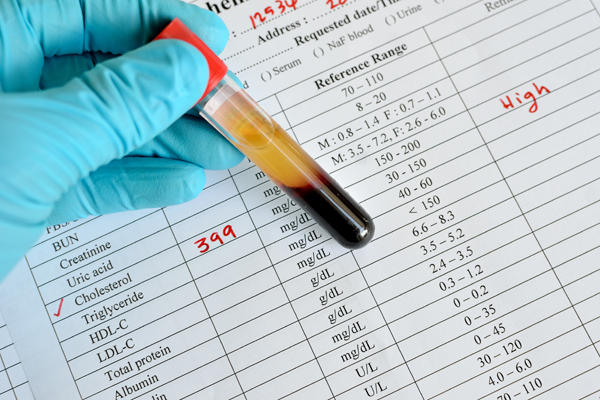Most US patients hoping to get their PCSK9 inhibitor medications covered by their prescription drug plan are being denied, according to two new studied conducted by Amgen. As the drugmaker behind one of these cholesterol-lowering drugs, known as Repatha, Amgen has a vested interest in ensuring appropriate patients have access to the medication.
“While it is important to ensure that PCSK9 inhibitors are used in appropriate cases, our data suggest that the current approval process is lengthy and highly variable by payer. High initial rejection and slow approval rates may be preventing patients who could truly benefit from getting these drugs,” said Dr. Ann Marie Navar, assistant professor of medicine at the Duke Clinical Research Institute and lead study investigator. “This study highlights the need to better investigate the impact of policies around drug access on the utilization of novel therapies, including pricing, payments and reimbursement, and the approval process.”
Of a total 45,029 PCSK9 inhibitor prescription claims included in the study, the company found that nearly 80 percent were initially rejected by both Medicare and commercial drug plans. Upon reassessment, nearly 53 percent of those claims that were initially rejected, were rejected again.
Nearly 35 percent of new prescriptions for PCSK9 inhibitor drugs were never filled by the patient. Commercial payers showed the highest rejection rate at 71.2 percent, while government payers rejected 40 percent of patient claims for the cholesterol drugs.
“Individuals with familial hypercholesterolemia (FH) are, by definition, at high risk for heart attacks in the prime of their lives. PCSK9 inhibitors were developed and approved with FH patients in mind and yet, too often, they are being denied appropriate therapy for their genetic condition,” said Katherine Wilemon, founder and chief executive officer of The FH Foundation. “All stakeholders in the healthcare arena need to live up to their responsibility to get the right treatments to the right patients.”
A second retrospective study showed similar results. Amgen reported that this study found no significant differences between those patients whose claims were denied or approved, suggesting an issue in the insurers’ review process. These characteristics included, baseline statin use, statin intensity and history of co-medication use.
“The similarities in clinical profiles between accepted and rejected patients suggest concerning inconsistencies in the approval-rejection process,” said Dr. Seth Baum, president of the American Society for Preventive Cardiology and lead study investigator. “These results deepen concerns that without meaningful improvement in the burdensome processes and complex access issues, many of our high-risk atherosclerotic cardiovascular disease (ASCVD) and FH patients with uncontrolled LDL cholesterol levels will continue to be denied or delayed access to a PCSK9 inhibitor, an important and approved treatment option.”
It’s estimated that 11 million people in the US have ASCVD or FH, and their LDL levels remain uncontrolled despite treatment with statin therapy. Amgen estimates that at least 100,000 cardiovascular events could have been prevented in 2016 if all high-risk patients had appropriate access to Repatha.












Join or login to leave a comment
JOIN LOGIN